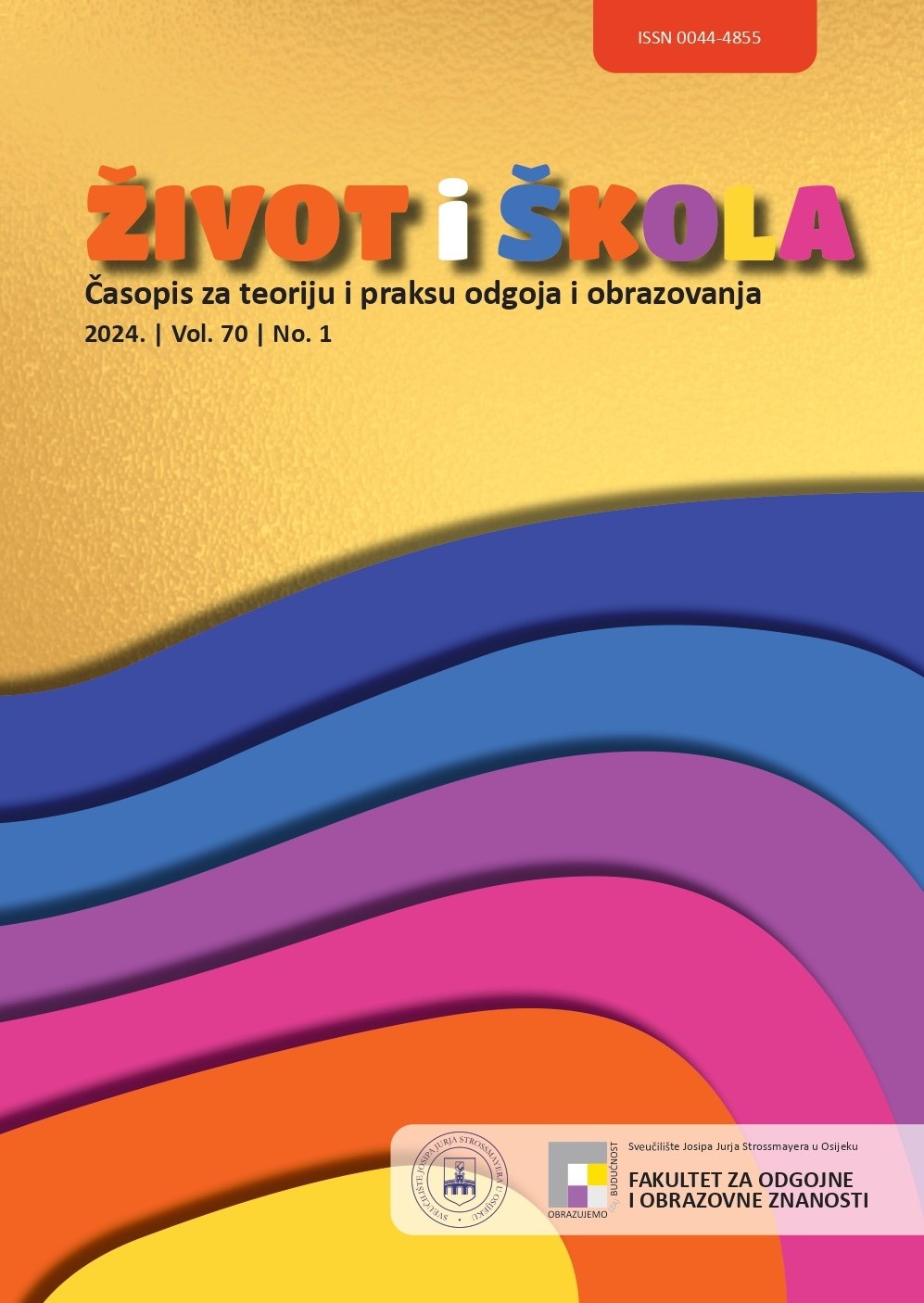THE IMPORTANCE OF TEACHER'S BASIC PSYCHOLOGICAL NEEDS AND THEIR SELF-EFFICACY BEING THE DETERMINANTS OF TEACHER'S (DE)MOTIVATING STYLES
DOI:
https://doi.org/10.32903/zs.70.1.2Keywords:
circumplex model; (de)motivating teaching styles; need satisfaction; need frustration; teacher self-efficacyAbstract
The circumplex model of teachers' (de)motivating styles distinguishes four styles of behaviour with which teachers can motivate (autonomy-support and structure) or demotivate (control style and chaos) their students. In this study, we expand existing knowledge by investigating the determinants of these styles, which are ultimately associated with better or worse student success and well-being. In addition, we investigate the model in the Croatian educational context. Our goals were to examine the relationship between the satisfaction/frustration of teachers' psychological needs and their (de)motivating styles and to check the incremental contribution of different dimensions of teacher self-efficacy (classroom management, instructional strategies, student engagement) in explaining teacher (de) motivating styles. The study was conducted online with 365 teachers from elementary-, middle- and high schools. Results confirm the positive relationship between need satisfaction and motivating styles and need thwarting and demotivating styles. Teacher self-efficacy was a significant independent predictor of styles in addition to psychological needs. The instructional strategies self-efficacy dimension had a significant positive independent contribution in predicting autonomy-supportive and structuring style and negative for the chaotic style. The classroom management dimension was a significant predictor of the structuring style, while the self-efficacy dimension in student engagement was a significant predictor of the autonomy-supportive style. None of the dimensions of self-efficacy had a significant contribution in explaining the variance of the controlling style. Methodological shortcomings and practical implications of the study are also discussed.


